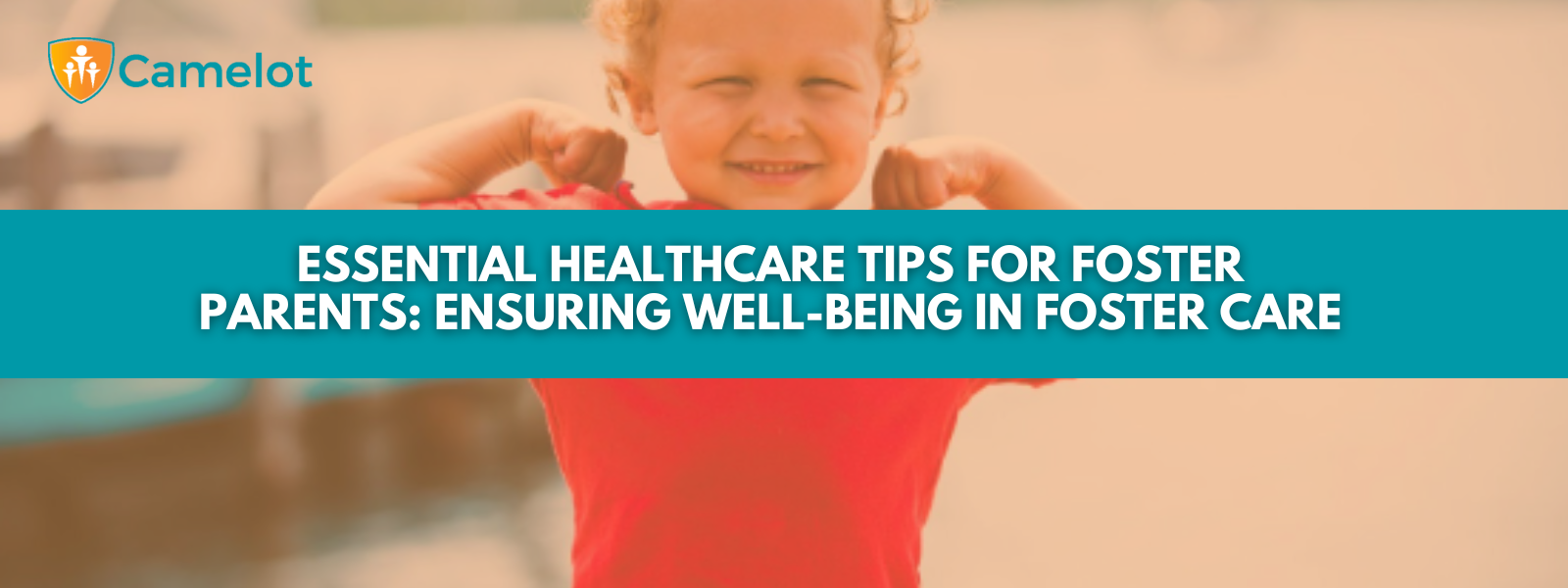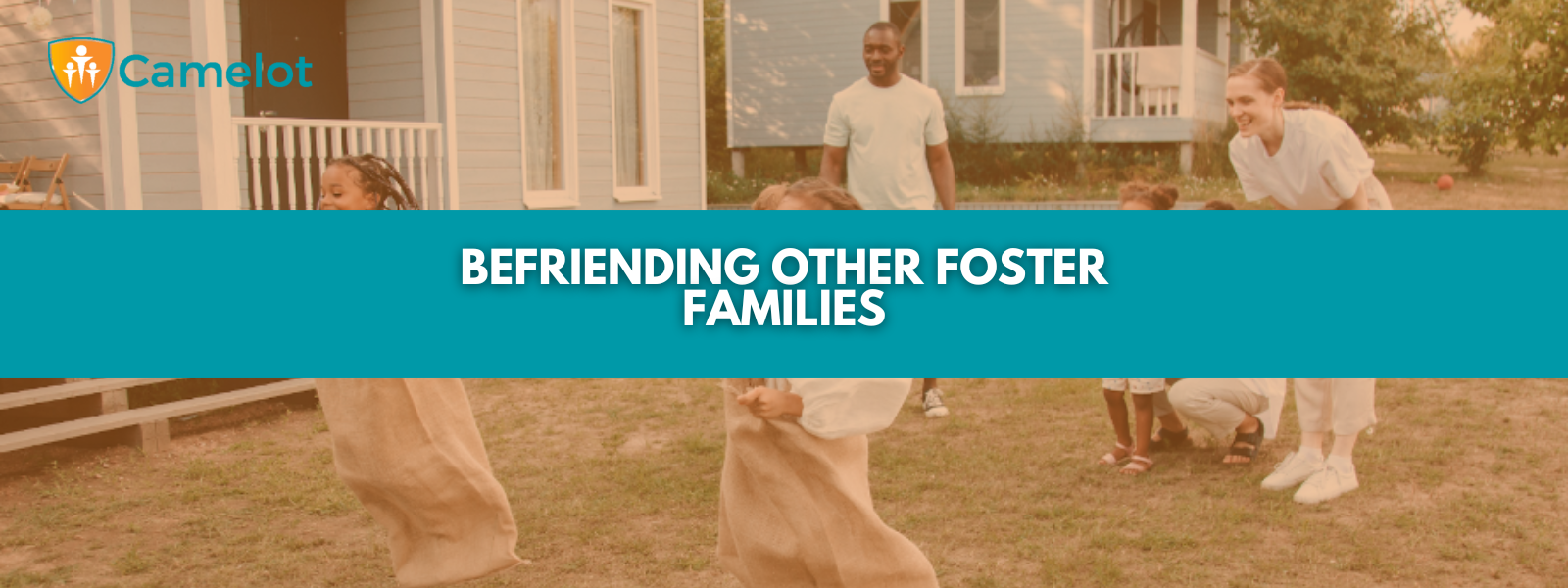What Is Respite Foster Care?

Being a foster parent is a rewarding experience, but sometimes, foster parents might need some time off, whether to handle an emergency, take care of a family member, or reduce caregiver stress. In these moments, respite foster care is a good option for both the foster parents and the child in care.
Keep reading to learn more about respite foster care, how it helps caregivers and foster children, and how you can become a respite foster parent in Tennessee.
What Is Respite Foster Care?
Respite foster care is a type of foster placement where the children are placed with a foster family to allow their current family to take a break for whatever reason they may need.
In essence, respite foster care allows families to get a much-needed break to ensure they can continue providing the best care possible for their children.
Respite care is sometimes referred to as “short-term” foster care since the period of respite foster care is usually quite short. It is typically a day or a weekend but can go up to a short break over school holidays.
Why Is Respite Foster Care Necessary?
Many foster families take in children who might present certain challenging behaviors as a result of their past environment and experiences. These children might require special medical, behavioral, or emotional needs, which can be hard to provide on a constant basis. It’s important for caregivers to be able to get the time to recover and recharge so they can continue taking care of their foster child or children in the best way possible.
While some parents can call a babysitter or grandparents in the case of an emergency or get some restorative personal time, foster parents may not always have this option. Particularly if their child has special needs or showcases challenging behavior, they have the unique challenge of finding a qualified individual to care for their child. Considering that 30% to 40% of foster children need special education at school, foster parents need to take a lot more care when finding a temporary caregiver.
Respite foster care placements can very often become part of a regular routine for a foster child, allowing the full-time foster caregiver to get consistent breaks to relax. Typically, this routine involves the foster respite caregiver taking care of the child for a weekend every few weeks, or more, depending on the families and children involved.
What Are the Benefits of Respite Foster Care?
You may think that sending a foster child away can do more harm than good, or that it could create distance and undo all the work you’ve done to help them settle in your home. But this isn’t the case. By spending time with another caregiver, foster children will get to experience a sense of independence (depending on their age), as well as form positive relationships with other parental figures.
Apart from being a positive experience for a foster child, respite care is extremely beneficial for the foster parent. In fact, studies show that respite care helps reduce caregiver stress and improve general wellbeing, which allows them to be a better foster parent. Some of the benefits of respite foster care include:
- Support for long-term foster caregivers.
- Provides a breather for foster parents to come back feeling refreshed.
- Promotes the development of the child’s mental and emotional skills by allowing them to experience new environments and caregivers.
- Allows the child to experience new things and learn more about their community and different families.
How Can You Become a Respite Foster Parent?
Becoming a respite foster parent isn’t a full-time commitment, but it is a commitment regardless, both to the child and their foster families.
Requirements to Become a Respite Foster Care Parent
The requirements for foster caregivers are the same as for regular foster parents:
- You will have to be at least 25 years of age.
- You will have to live in a home that has sufficient room for at least one child and passes health and fire safety inspections.
- You will have to complete and pass the DCS background checks.
- You will have to be financially stable outside of the foster care stipend.
- You will have to be in good health and provide proof of a recent physical exam.
- You will have to learn behavioral management skills and show acceptance and care of the child’s needs and beliefs.
Frequently Asked Questions about Respite Foster Care
How Long Is Respite Foster Care?
Respite foster care is typically one to three days a month, but in case of an emergency or special occasion, it can be more. Respite foster care is usually scheduled well in advance so you will be able to plan accordingly.
Can I Become a Respite Caregiver If I Rent My House?
As long as your home passes all the safety inspections and you have a separate bedroom for the child, you can be a respite foster parent.
Can I Become a Respite Foster Caregiver If I Have Other Children in the Home?
Yes, you can, but every individual in the home must provide medical clearances. In addition, all family members above the age of 18 must pass a background check.
What Type of Children Will Be In My Care?
This depends on both your capabilities, as well as what is best for the child. Children who are eligible for respite foster care are often those with more challenging needs, although this does change from state to state and needs to be considered on a case-by-case basis.
Is It Easier to Become a Respite Foster Parent over a Full-Time Foster Parent?
While it may seem that becoming a respite foster caregiver is easier than becoming a long-term foster caregiver simply due to the amount of time dedicated to taking care of the child, this isn’t necessarily true. Respite foster caregivers provide the same support and experience the same challenges full-time foster caregivers experience, just for a lesser amount of time. This means that they still need to have the same skills and passion as a long-term foster parent, and go through a similar onboarding process.
What Support Will I Receive as a Respite Foster Caregiver?
At Camelot, we work to ensure that our foster parents always feel supported and capable in their journey. As such, we offer free ongoing training to all our caregivers so they can learn and refine their skills. We also offer in-home case management services and 24/7 crisis support to all our foster parents.
Get in Touch with Camelot Care Centers of Tennessee Today
Respite care is a much-needed service, especially for foster, adoptive, and kinship families. Although it may seem like respite foster caregivers only spend a small amount of time taking care of a child or children, it makes an enormous difference in the lives of those children and their foster families. If you are interested in becoming a respite foster caregiver, reach out to Camelot Care Centers today.
At Camelot, we provide personalized family counseling and foster care services so we can help all our clients as much as we can. All our services are provided by trained therapists and counselors under the supervision of licensed clinicians. If you’d like to learn more, fill out our contact form today.





Camelot Care Centers






